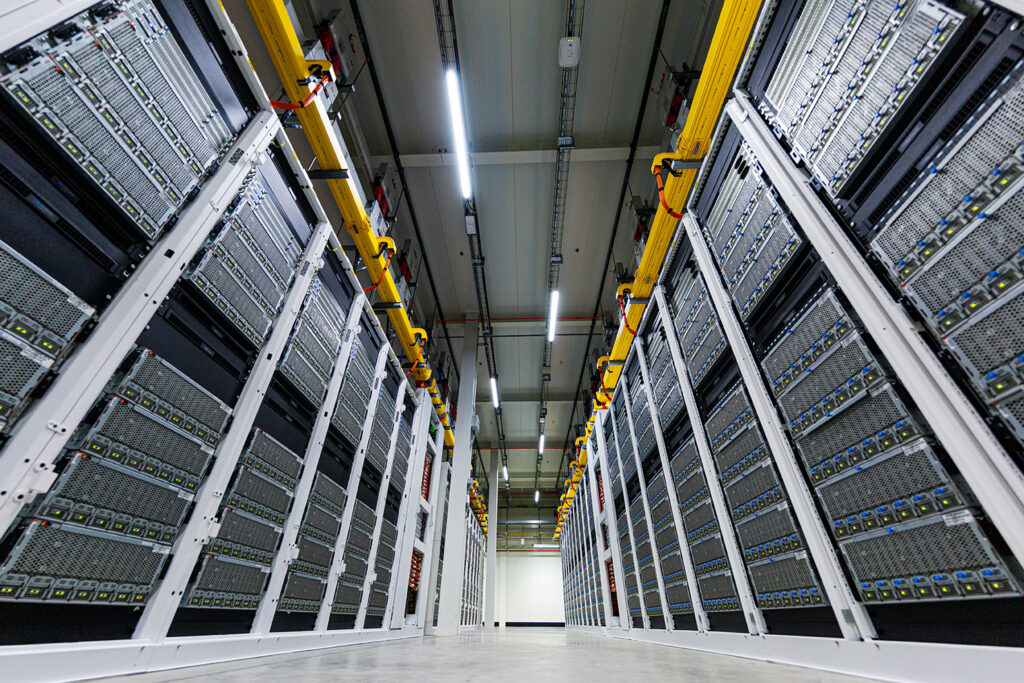The artificial intelligence (IA) has the capacity to play a decisive role in the objective of guaranteeing the environmental sustainabilityThe development and implementation of this technology also has an impact on the environment.
The Associated Press highlights in an article how technology giants such as Microsoft y Google have increased the water consumption in AI-related projects.
AP exposes that in its latest environmental report , Microsoft revealed that its worldwide water consumption increased by 34% between 2021 and 2022 (to nearly 1.7 billion gallons, or more than 2,500 Olympic-sized swimming pools), a sharp increase compared to previous years that outside researchers link to its AI research.
"It's fair to say that most of the growth is due to AI, its heavy investment in generative AI and its partnership with OpenAI," notes Shaolei Ren, a researcher at the University of California, Riverside, who has been trying to calculate the Environmental Impact of generative AI products such as ChatGPT.
Ren estimates that ChatGPT drink 500 milliliters of water (about what is in a 16-ounce water bottle) each time you ask a series of 5 to 50 prompts or questions.
"Most people are not aware of the resource use underlying ChatGPT. If you're not aware of resource usage, then there's no way we can help conserve resources," he says.
The high water demand for AI is due to the fact that this technology requires supercomputers which consume a lot of electricity and generate a lot of heat. The way to keep this equipment cool is by pumping water to cooling towers.
Because of its environmental conditions and accessibility to the water of the Raccoon and Des Moines rivers, Microsoft has set up data centers in the city of Des MoinesIowa.
According to West Des Moines Water Works, in July 2022, one month before the OpenAI to complete his training in GPT-4Microsoft pumped about 11.5 million gallons of water to its Iowa data center cluster, representing about 6% of all water used in the district, which also supplies drinking water to the city's residents of nearly 70,000.
Microsoft assures AP that it is investing in research to measure the energy and carbon footprint of AI, while working on ways to make large systems more efficient, both in training and application.
"We will continue to monitor our emissions, accelerate progress while increasing our use of clean energy to power data centers, purchase renewable energy and other efforts to meet our sustainability goals of being carbon negative, water positive and zero waste by 2030," the company says.
While OpenAI adds that they are thinking hard about the best use of computing power, having recognized that training large models can consume a lot of energy and water, so they are working to improve efficiency.
The AI revolution is neither cheap nor easy on resources. Amid global environmental concerns, the water consumption of technology will be a difficult public issue to manage. As public awareness grows, transparency and efficiency will be key to sustainable innovation.
Source: AP


